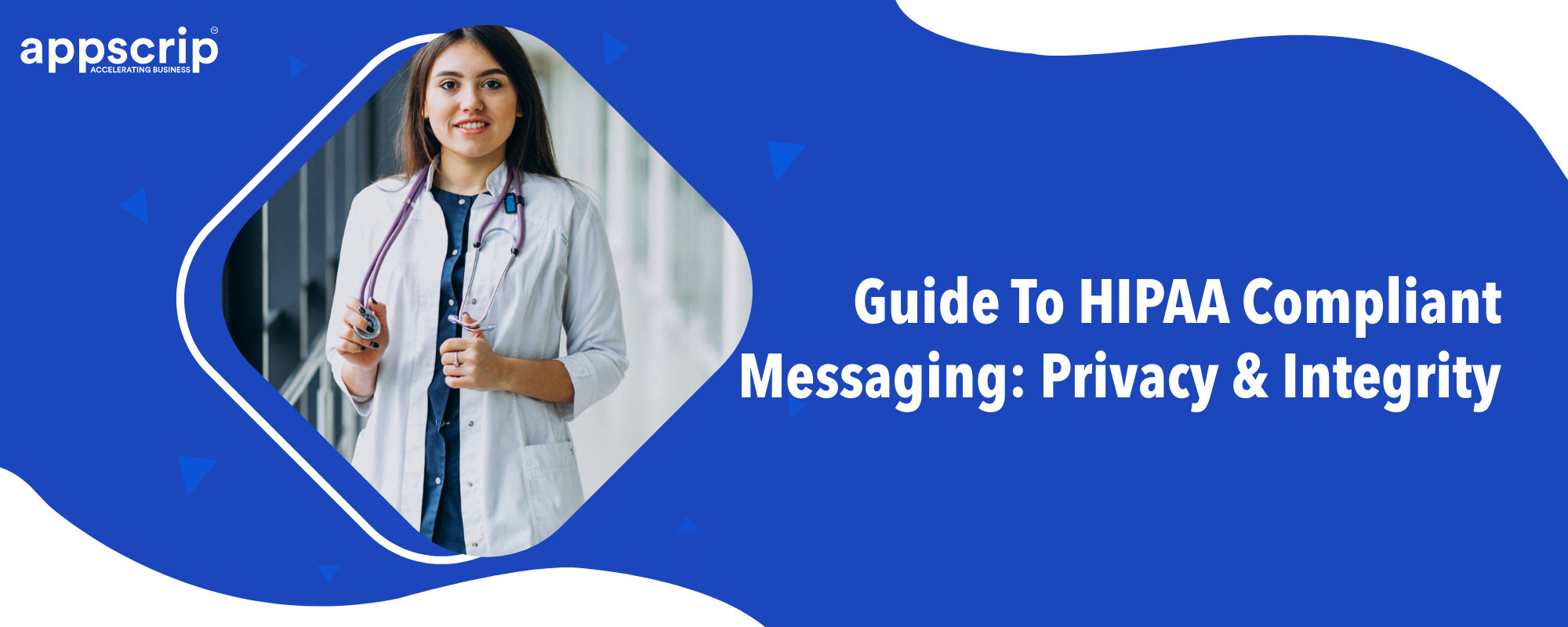Patient satisfaction is linked to absolute communication with healthcare providers.
A study revealed that effective communication strongly predicted patient satisfaction. Rise in value based care, patient-centered communication, healthcare services, advances in healthcare tech, and results-focused healthcare ensures positive patient experience. This should be primal focus for every strategy and technology.
A better patient experience necessitates seamless mobile communication that people experience regularly. Mobile healthcare communication or HIPAA compliant messaging is the order of the day. A study found that 80% people would like to use their mobiles to interact with healthcare providers.
Doctors, nurses and administrators see clear benefits of asynchronous communication using smartphones as its easy, convenient and effective. But for healthcare organizations to provide both patients and providers the communication channel they seek, the messaging and chat solution must be both easy to use and HIPAA compliant.
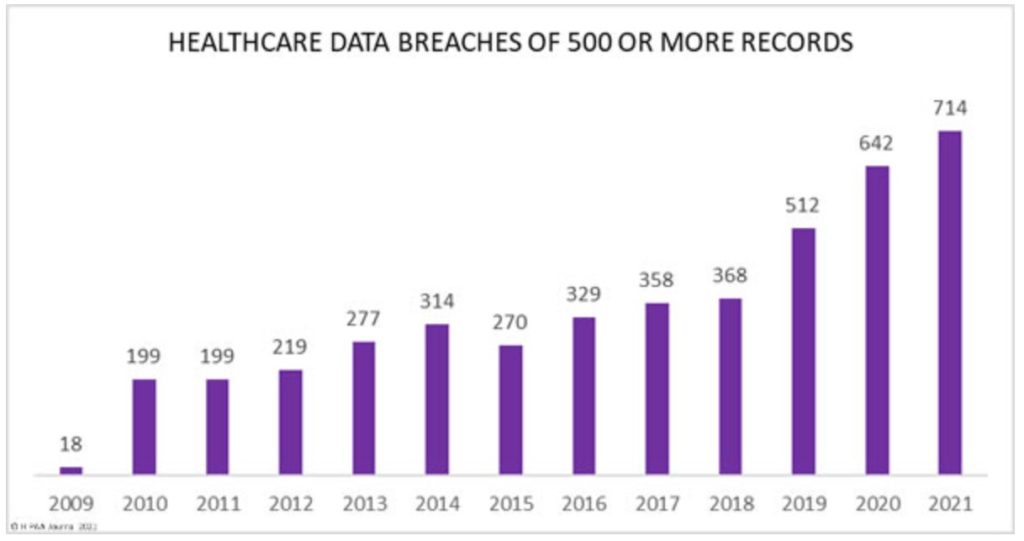
Challenges For A HIPAA Compliant Messaging
HIPAA compliance is necessary for all patient communications. But this is challenging to healthcare organizations as most patient communications are provided by third-party vendors.
The risks of non-compliance has been detrimental. Researchers attributed only 6.4% of Protected Health Information (PHI) breaches to hacking. While an astounding 53% of PHI breaches to the internal staff of healthcare entities. Off these 46% originated on mobile devices. And 20% of breaches occurred during PHI communication, 34% occurred during email interactions.
The risks indicate that, if your staff communicate with patients electronically, then it must be within the guidelines of HIPAA and HITECH. Therefore, healthcare organizations need to find a solution that is HIPPA compliant to prevent breaches.
HIPAA Compliant Messaging To Endorse A Business Associate Agreement (BAA)
HIPAA-compliant patient communication should make it mandatory that all entities should enter into a BAA with their business associates.
The HIPAA Security Rule has set security standards for protecting ePHI that is applied to entities like health plans, healthcare clearinghouses, and any health care provider transmitting ePHI. It basically requires the maintenance of administrative, technical, and physical safeguards to protect ePHI.
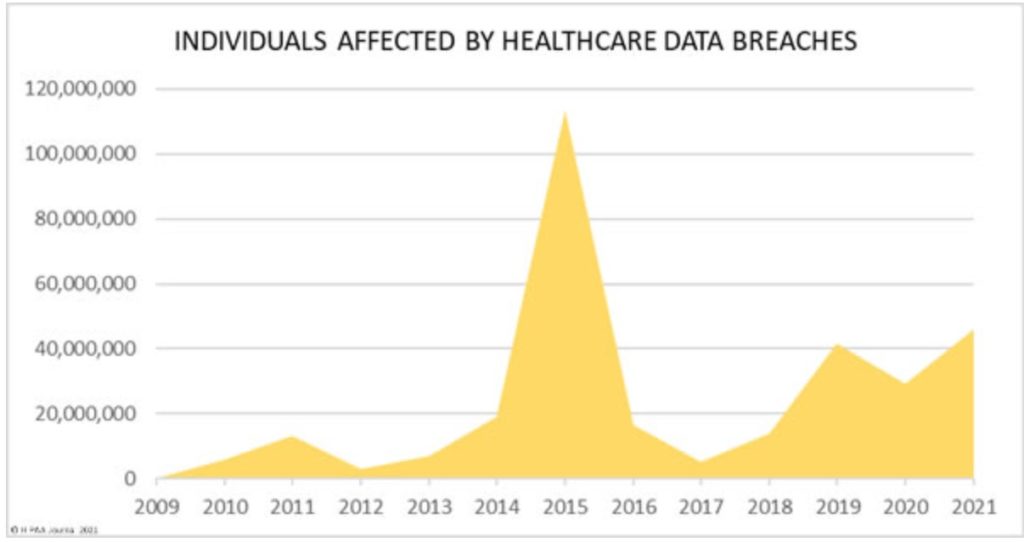
There are four general mandates:
- Ensure integrity, privacy, and availability of ePHI.
- Identify and protect against anticipated threats.
- Protect against impermissible uses or disclosures.
- Ensure compliance.
Fines for each breach is up to $1.5 million and some breaches are criminally charged.
HITECH Deems Technology Partners The Same Liability As Healthcare Entities
Earlier HIPAA did not state liability of technology and healthcare solution providers. But the HITECH Act of 2009 demands technology and healthcare solution providers accept liability for Privacy and Security Rules.
The Act calls solutions providers / anyone transmitting / receiving PHI as ‘Business Associates,’ and it holds them directly accountable for HIPAA violations. It necessitates them to protect PHI.
Under HIPAA and HITECH, ‘covered entities’ and ‘business associates’ should protect PHI and enter into a BAA to commit to this legally.
Patient & Mobile Friendly Communication
When healthcare companies consider a digital or mobile communication strategy, three channels dominate: in-app chat, SMS, and email.
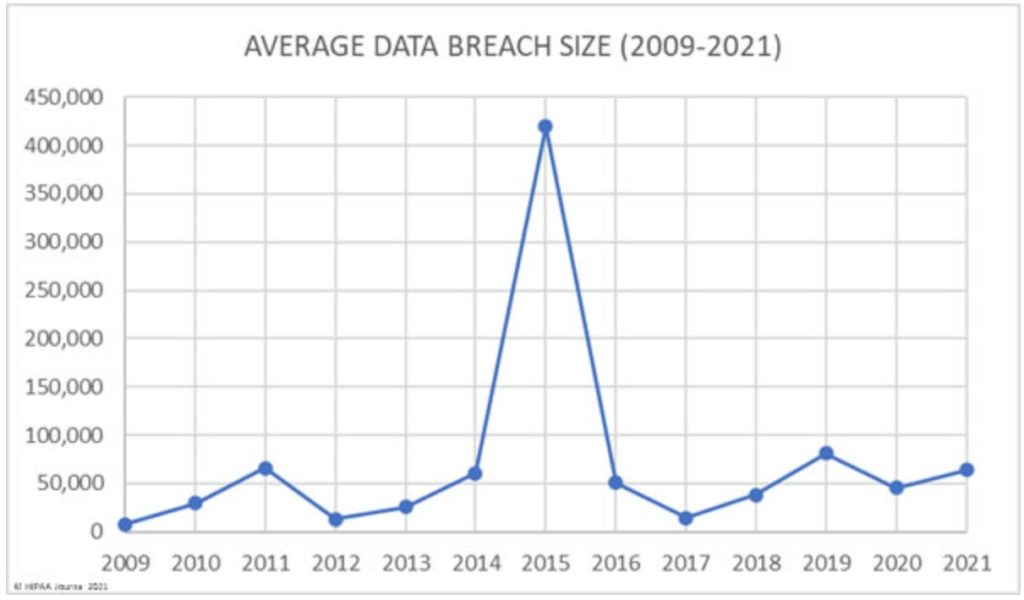
HIPAA Compliant In-App Chat
In-app chat is a global phenomenon. Many API and SaaS companies provide a chat platform for healthcare companies to integrate chat into their apps. But the key is to find chat providers that are HIPAA and HITECH compliant plus willing to endorse a BAA.
Many healthcare in-app chat providers control the tech stack in their technology. And provides no interoperability with third party systems that could detail compliance risks. This is one benefit of in-app chat.
In-app chat is a secure manner to conduct HIPAA compliant messaging / patient communication as:
- Log-in is with user authentication
- Users have unique ID
- Chats and data are encrypted in transit
- Companies keep logs, so audit is possible
- Retention of chats / data matches the policy
- Chat solutions include secure photo, video and file sharing
- Life of a message can be set in an app
- Read receipts acknowledge if a message has been read
Risks Associated With In-App Chat:
- Some providers claim HIPAA compliance, but disagree to the BAA
- Do not disclose ePHI in push notifications that link back to in-app chat. Instead, notify the user of a message accompanied by a link that requires authentication.
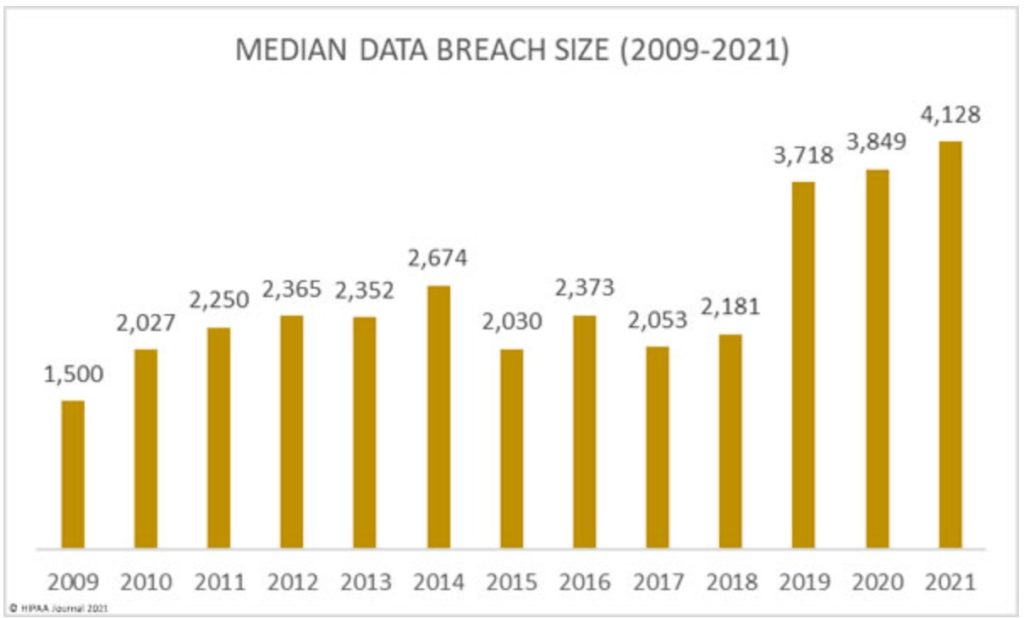
HIPAA-Compliant Messaging (SMS)
Although SMS is a 20-year-old technology, 90% of texts are read. Even though these are one-way conversations, healthcare companies can pass vital information through them.
But SMS needs to be secure and HIPAA compliant. Generally SMS is not HIPAA compliant as it isn’t encrypted.
HIPAA-compliant SMS Has To Satisfy These Conditions:
- Every user must have a unique ID and password. This ensures communications can be logged and monitored.
- Your SMS solution must log-off automatically to avoid unauthorized access to ePHI
- SMS need to be encrypted
Other risks associated with SMS
- Text messages remain indefinitely in a device, exposing ePHI to threats.
- Text messages don’t have password protection hence can be accessed easily.
- Texts cannot be easily logged or audited
- Text messages encryption standards are not as high like TLS, SSL, or AE256
- HIPAA provides individuals access or amend rights to PHI. But that is difficult with text messages as info is distributed across devices.
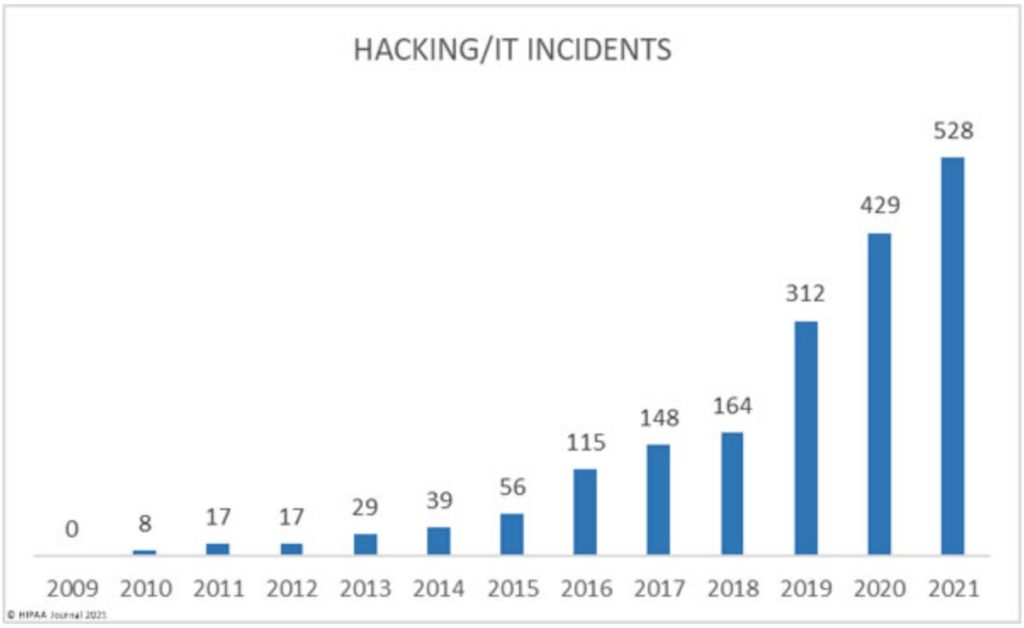
HIPAA Compliant Email
Email lacks real-time communication advantage and consistent encryption.
Email prioritizes deliverability (over encryption). Therefore even if the sender’s email client supports encryption, an email will be sent without encryption if the recipient’s email client doesn’t support encryption.
Email providers would send the email rather encrypt it. Even if encrypted, 25% emails remain unopened after 48 hours, conceding efficacy.
Compliance on e-mail vary. Although popular email providers provide encryption, they are not HIPAA compliant because, they need to support interoperability that legacy mail servers that don’t support TLS encryption.
HIPAA-Compliant Email Solution, Needs To Meet The Following:
- Encrypt email 100% of the time.
- Support automatic log-off, so that unauthorized access of ePHI can be curtailed.
- Retain messages for up to five years to monitor and log any ePHI communication.
If a sender’s client supports encryption and a reader’s client does not, then it becomes an ePHI breach. Email may not be the best choice for a mobile communication strategy
Patient-Centered Communication (HIPPA Compliant Messaging)
Whether you choose in-app chat or SMS or email, it is important that providers communicate well to create a great experience for patients. Research suggests good communication can improve patient satisfaction and patient’s health outcome.
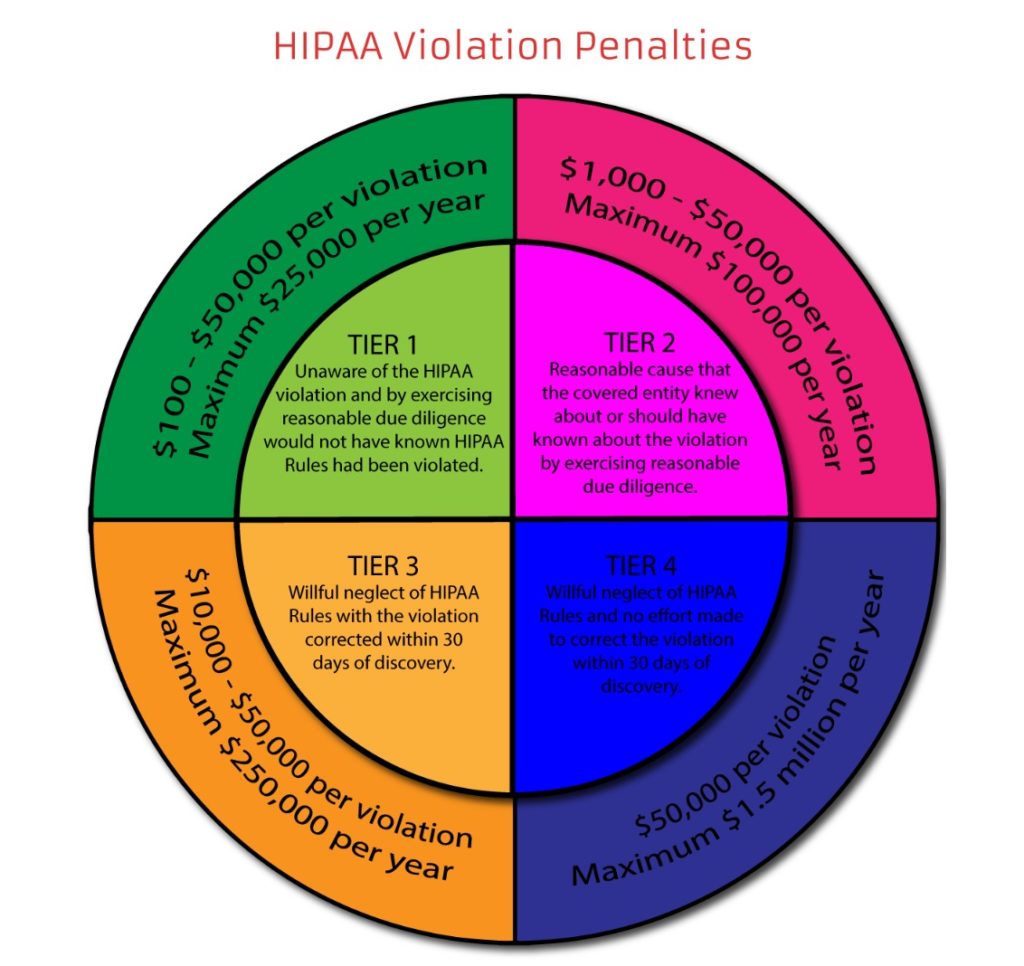
Research suggests “patient-centered communication,” to improve patient-experience during consultations about a patient’s health. Digital communication between patients and healthcare providers could benefit from making patient-centered communication a standard.
What Patients Want From Their Physicians:
- Explore ideas about health issues, their thoughts, worries, feelings, expectations — and take patient’s inputs seriously.
- Understand the whole person and influences like family, job, stress or how diseases might affect the patient’s life.
- Tell the patient diagnosis in plain language.
- Agree on the nature of the problem, priorities, and the goals of treatment.
- Strive for an enhanced physician-patient relationship. Be approachable, friendly, share decision making, show genuine care, and be respectful.
Integrate these into your patient communication strategy, which will enhance patient-centered communication and drive patient satisfaction higher.
Other Standards For Patient-Centered Communication:
- Be straightforward
- Be clear and to the point
- Use repetition to clarify
- Avoid jargon
- Ensure patient understanding
Effective communication produces better patient outcomes like blood pressure, blood glucose levels, and health status like headache frequency, depression and less patient distress.
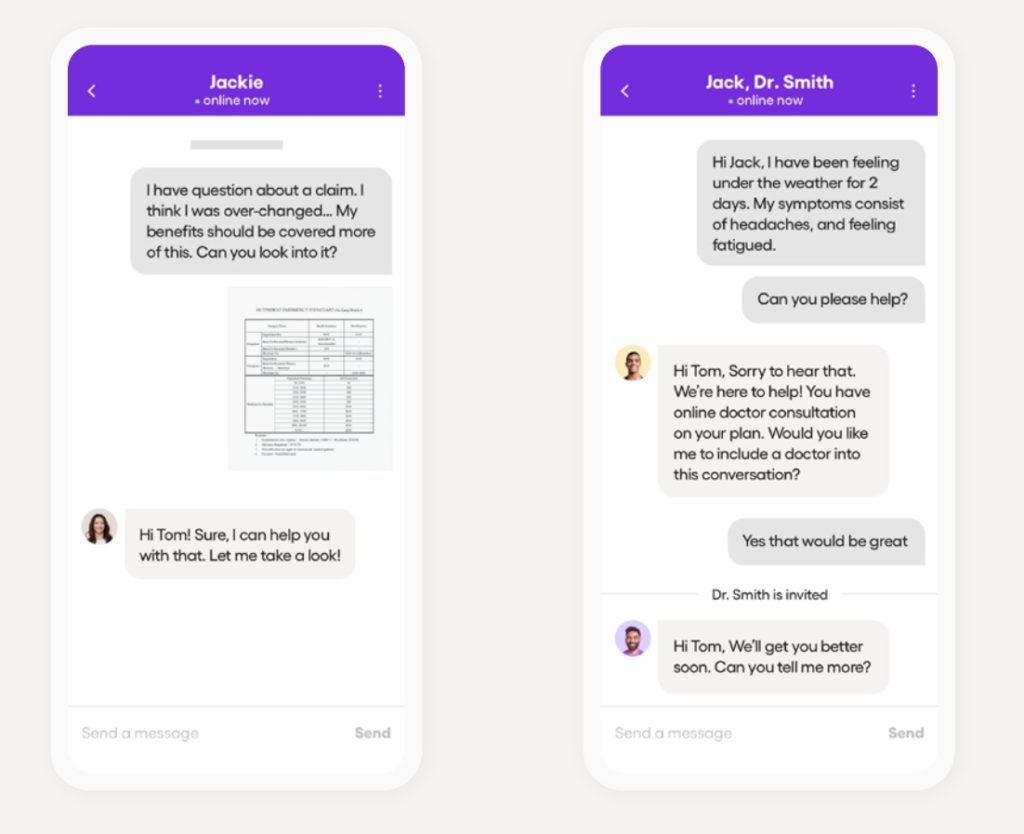
HIPAA-compliant patient communication and a patient-centered model will help patients to receive convenient and effective healthcare.
HIPAA-Compliant In-App Chat: The Most Secure
Effective communication from healthcare providers is the best ingredient to high patient satisfaction. Both patients and healthcare providers now recognize mobile communication as the most convenient way to provide patients access to healthcare 24/7.
Healthcare entities looking at a mobile communication strategy, or improving it should maintain HIPAA compliance. In-app chat is by far the most secure channel for mobile communication, no matter what your solution is, ensure that your solution provider is willing to sign a BAA. Therefore you can confidently pursue a patient centered communication channel.
After an Engineering degree and a Diploma in Management I devoted 16+ years working in the automotive industry. My innate skill and extreme passion in writing, encouraged me to adopt it up as a profession. I have been writing for more than 10+ years in the software industry. The 400+ blogs I published are informative, exhaustive and interesting to a professional and causal reader.
